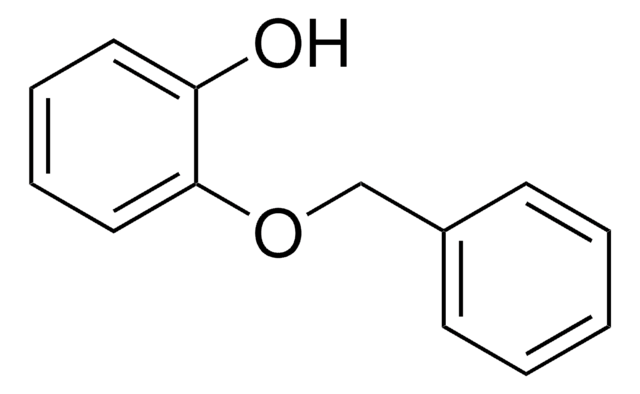142344
Butyl phenyl ether
99%
Synonym(s):
1-Phenoxybutane, Butoxybenzene, Butyloxybenzene, Phenyl butyl ether, Phenyl n-butyl ether, n-Butyl phenyl ether
Sign Into View Organizational & Contract Pricing
All Photos(2)
About This Item
Linear Formula:
C6H5O(CH2)3CH3
CAS Number:
Molecular Weight:
150.22
EC Number:
MDL number:
UNSPSC Code:
12352100
PubChem Substance ID:
NACRES:
NA.22
Recommended Products
Quality Level
Assay
99%
form
liquid
refractive index
n20/D 1.497 (lit.)
bp
210.3 °C (lit.)
mp
−19 °C (lit.)
density
0.935 g/mL at 25 °C (lit.)
SMILES string
CCCCOc1ccccc1
InChI
1S/C10H14O/c1-2-3-9-11-10-7-5-4-6-8-10/h4-8H,2-3,9H2,1H3
InChI key
YFNONBGXNFCTMM-UHFFFAOYSA-N
Application
Butyl phenyl ether was used as model compound to study the transformation of human pharmaceuticals detected in water during chlorine disinfection. It was used in the synthesis of amino acids with aryl-keto function in their side-chains.
Signal Word
Warning
Hazard Statements
Precautionary Statements
Hazard Classifications
Eye Irrit. 2
Storage Class Code
10 - Combustible liquids
WGK
WGK 2
Flash Point(F)
179.6 °F - closed cup
Flash Point(C)
82 °C - closed cup
Choose from one of the most recent versions:
Already Own This Product?
Find documentation for the products that you have recently purchased in the Document Library.
Customers Also Viewed
M A Bednarek
The journal of peptide research : official journal of the American Peptide Society, 52(3), 195-200 (1998-10-17)
Amino acids with aryl-keto function in their side-chains were obtained in excellent yields in the reaction of omega-carboxyamino acids with liquid HF in the presence of aromatic compounds susceptible to electrophilic substitution, such as anisole, 2-methoxybiphenyl, butyl phenyl ether or
Transformation of aromatic ether- and amine-containing pharmaceuticals during chlorine disinfection.
Karen E Pinkston et al.
Environmental science & technology, 38(14), 4019-4025 (2004-08-10)
Many of the human pharmaceuticals detected in municipal wastewater effluent, surface water, and groundwater contain functional groups that could undergo transformation reactions during chlorine disinfection. To assess the potential importance of these reactions to the environmental fate of pharmaceuticals, the
Our team of scientists has experience in all areas of research including Life Science, Material Science, Chemical Synthesis, Chromatography, Analytical and many others.
Contact Technical Service















